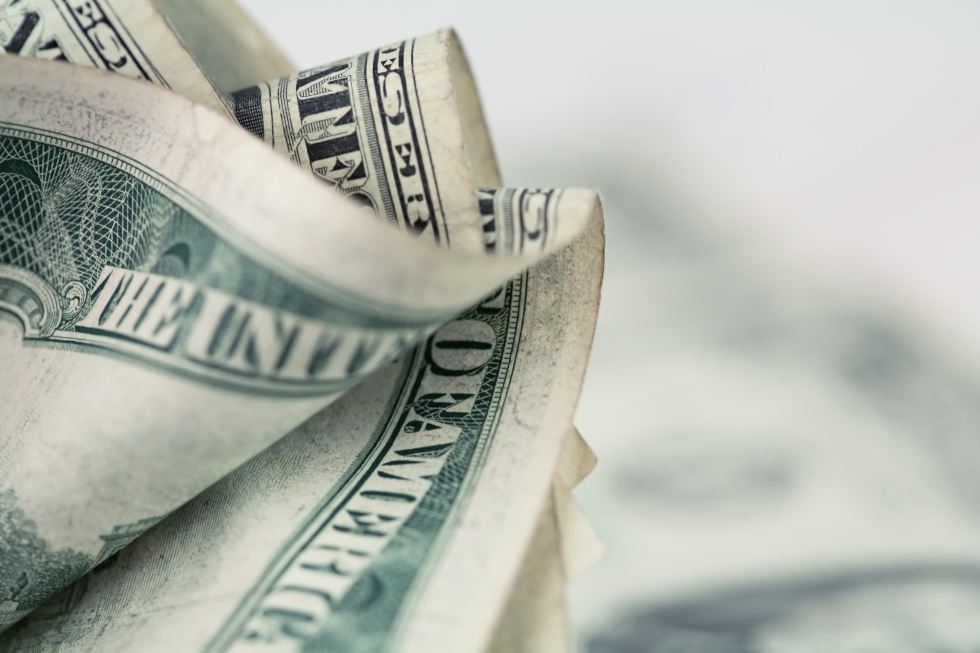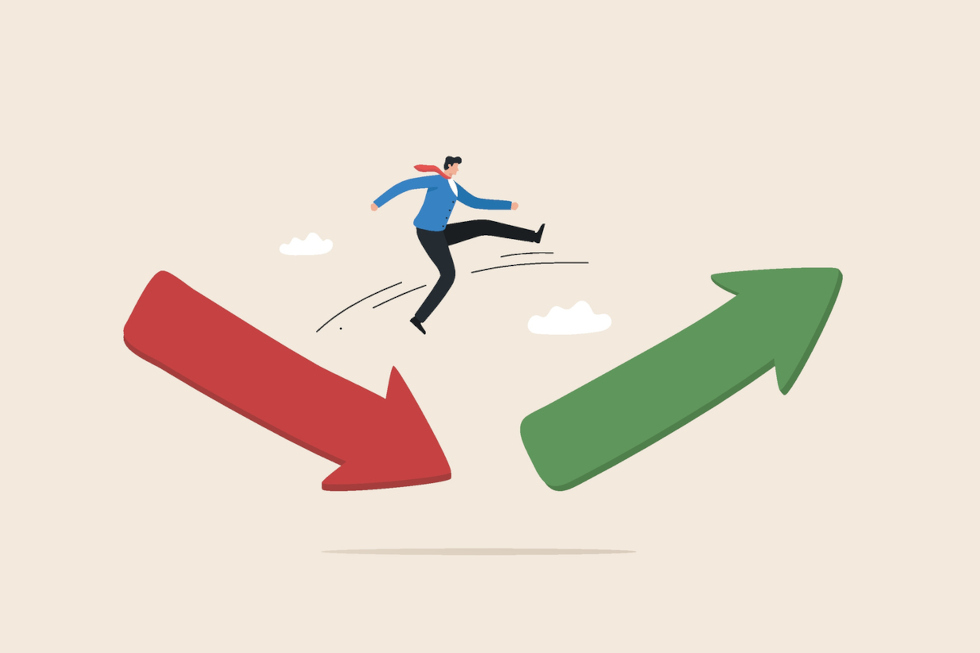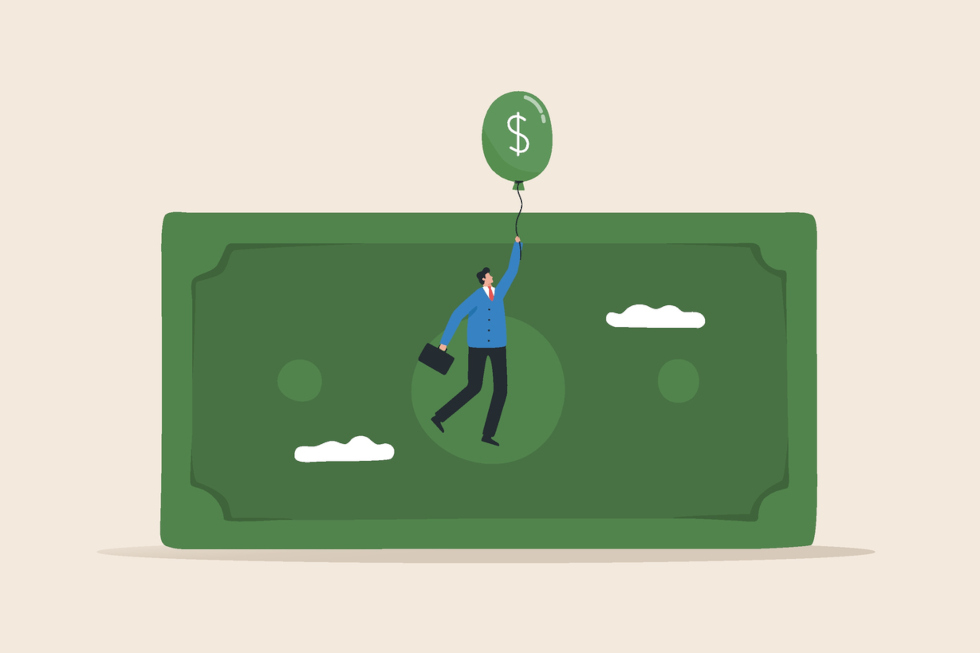Every savvy business owner wants to master the skill of navigating economic uncertainty. But what makes a business "recession-proof," and why are some industries more resilient to economic downturns?
In times of financial turbulence, these questions are at the forefront for anyone with a stake in the market. As we dissect the characteristics of businesses that not only withstand but also prosper during recessions, we can see that it's not just about the industry but also about the strategies and core principles that underpin enduring success.
In this in-depth examination of recession-proof industries, we've put together a lineup of businesses that have demonstrated remarkable fortitude during economic contractions. We’ll learn why these industries shine when others falter, providing a blueprint for business owners and entrepreneurs looking to bulletproof their ventures against the economic ebb and flow. If you want to find out how to make money in a recession and fight against inflation as a business owner, keep reading!
Frequently Asked Questions About Recessions
Understanding the economic climate is crucial for business owners and entrepreneurs. Here, we address some of the most pressing questions about recessions, their implications, and the current economic status.
What is a Recession?
A recession is an extended period of significant decline in economic activity, typically visible in real GDP, real income, employment, industrial production, and wholesale retail sales. Economists often describe it as two consecutive quarters of a country's GDP decline. It's a period marked by tightened credit conditions, reduced consumer spending, and dwindling confidence among investors and consumers alike.
Indicators of a recession can include:
- Rising unemployment rates
- A drop in the stock market
- Reduced manufacturing output
- A slump in consumer confidence and business sentiment
Recessions are a natural part of the business cycle, but their duration and severity vary greatly.

Is the US Currently in a Recession?
Economists look at various indicators to determine if the US is currently in a recession, including GDP growth rates, employment statistics, and consumer spending data. In early 2024, despite a few stumbles in the previous year, including the faltering of three major U.S. banks, the American economy holds steady against the standard benchmarks of recession. No extended downturn or depression has emerged, as the nation's economy demonstrates a robust resilience to the trials of 2022.
How Do Recessions Affect Businesses?
Recessions ripple through the economy, bringing challenges for businesses across the board. Generally, consumer spending tightens as uncertainty prompts savings over spending, impacting businesses' bottom lines. Sales may dwindle, particularly in sectors dependent on discretionary spending, like luxury goods and non-essential services.
However, not all sectors feel the pinch equally. Essentials such as healthcare, utilities, and specific consumer staples often see steadier demand, proving more resistant to economic downturns. The key for businesses during these times is adaptability—diversifying offerings, enhancing value, and reinforcing customer relationships to navigate the economic storm.
Recession-Proof Businesses to Consider
During economic shrinkage, some businesses survive and have the potential to thrive. These sectors often provide essential services or products that remain in demand regardless of the economic climate.
For example, industries such as healthcare, utilities, and consumer staples are typically less sensitive to economic downturns. People will always need medical care, electricity, and food, making businesses in these areas more resistant to recessions. Likewise, repair services see steady demand as consumers opt to mend rather than replace items, and education providers can experience an uptick as individuals seek to improve their skills or change careers during a recession.
Furthermore, businesses that focus on debt management, second-hand goods, and discount retailing often perform well as consumers look for ways to save money. The economic landscape may be challenging, but these sectors offer a beacon of stability, highlighting the value of adaptability and the importance of meeting essential consumer needs.
But which ones should you consider?

Five Businesses That Are Recession-Proof
A recession-proof business is one whose products or services are always in demand, regardless of the economy's condition. These businesses typically offer essential needs or low-cost alternatives that become even more sought-after as budgets tighten. Their resilience lies in their ability to provide constant value or even increase when times are tough.
Healthcare Services
In any economic climate, the healthcare sector remains indispensable due to the unyielding need for medical services. This industry encompasses various businesses, from expansive hospital networks to specialized clinics, home care services, and private practices. Despite the broader market's ups and downs, these entities continue to operate and often thrive as the demand for health-related services endures and even escalates with societal health trends and demographics.
For instance, urgent care facilities have burgeoned across the United States as an accessible and cost-effective alternative to traditional emergency room visits. Companies like Concentra Urgent Care have capitalized on this demand by offering extended hours and a broad range of services, positioning themselves as essential even when the economy contracts.
This adaptability is backed by projections from the Bureau of Labor Statistics, which forecasts robust growth in the healthcare sector, driven by an aging populace and technological advancements in medical care. Such growth prospects offer promising opportunities for potential business owners looking to enter a reliable market.
Financial Advisors and Accountants
Even as economic currents shift, the demand for financial advisors and accountants remains steadfast. Their expertise is crucial for navigating the complexities of budgeting, debt management and tax planning, especially during a recession when sound financial advice is most sought after.
A testament to the indispensability of these professions is the robust sector growth anticipated by the Bureau of Labor Statistics, projecting an increase of 15% from 2021 to 2031. Firms like H&R Block, a staple in tax preparation services, consistently assist individuals and businesses in maximizing their financial health and compliance, proving the enduring need for their services regardless of economic swings. This growth trajectory signals a promising landscape for those considering stepping into the financial advisory or accounting business domain.

Auto Repair
Auto repair businesses prove resilient in recessions as the demand for vehicle maintenance persists. The current economic climate has seen an uptick in the average age of vehicles on the road, spurring a greater need for repair services. In tighter financial times, consumers tend to repair and maintain their existing vehicles rather than purchase new ones.
An example is Midas, an established chain known for a wide range of repair services and trusted car care. As consumers opt to extend the life of their vehicles, businesses like Midas and even Firestone experienced a steady influx of customers needing everything from oil changes to more significant repairs. This demonstrates the enduring nature of auto repair services even when the economy is under strain.
Property Management
Property management remains robust in recessions, buoyed by steady rental demand and upkeep necessities. The New York Times notes an uptick in rental preference among millennials, spurring growth in the sector. This trend is evident in the success of firms like Greystar Real Estate Partners, which has seen continued demand for its management services as more individuals opt for renting over homeownership.
Online Selling and E-Commerce
E-commerce has seen a substantial uptick, with a 43% growth during the pandemic, as reported by Census.gov. This surge has cemented online selling as a staple in the retail landscape, with platforms like Amazon, Etsy, and eBay simplifying the process for small businesses to reach a global audience. These platforms' convenience and expanded reach are critical drivers for the sector's expected continued growth, making e-commerce a formidable recession-resistant business model.

Businesses That Don't Do Well In A Recession
Certain business types typically face headwinds during a recession, primarily due to their reliance on discretionary consumer spending. These include:
- Luxury Goods Retailers: High-end products often see a drop in sales as consumers cut back on non-essential spending.
- Travel and Tourism: Economic uncertainty reduces travel budgets, affecting everything from airlines to tourism services.
- Restaurants and Bars: Dining out is one of the first expenses consumers reduce when looking to save money.
- Automotive Sales: New car sales decline as people delay significant purchases and opt to repair existing vehicles.
Businesses in these sectors may need to adjust their strategies to weather the downturn effectively.
Ready to Find a Recession Proof Business To Buy?
As we've navigated the terrain of recession-proof businesses, the path for entrepreneurs looking to invest has become more apparent.
Whether you’re taking your first entrepreneurial steps or seeking to diversify your portfolio, the resilience of specific industries stands out.
On BusinessesForSale.com, you'll find many recession-proof industries and business opportunities. We encourage you to explore these options, each with the potential to withstand economic fluctuations and sustain growth.
Now is the time to act, to arm yourself with knowledge, and to move forward with confidence in a business venture that can thrive in any economic climate.